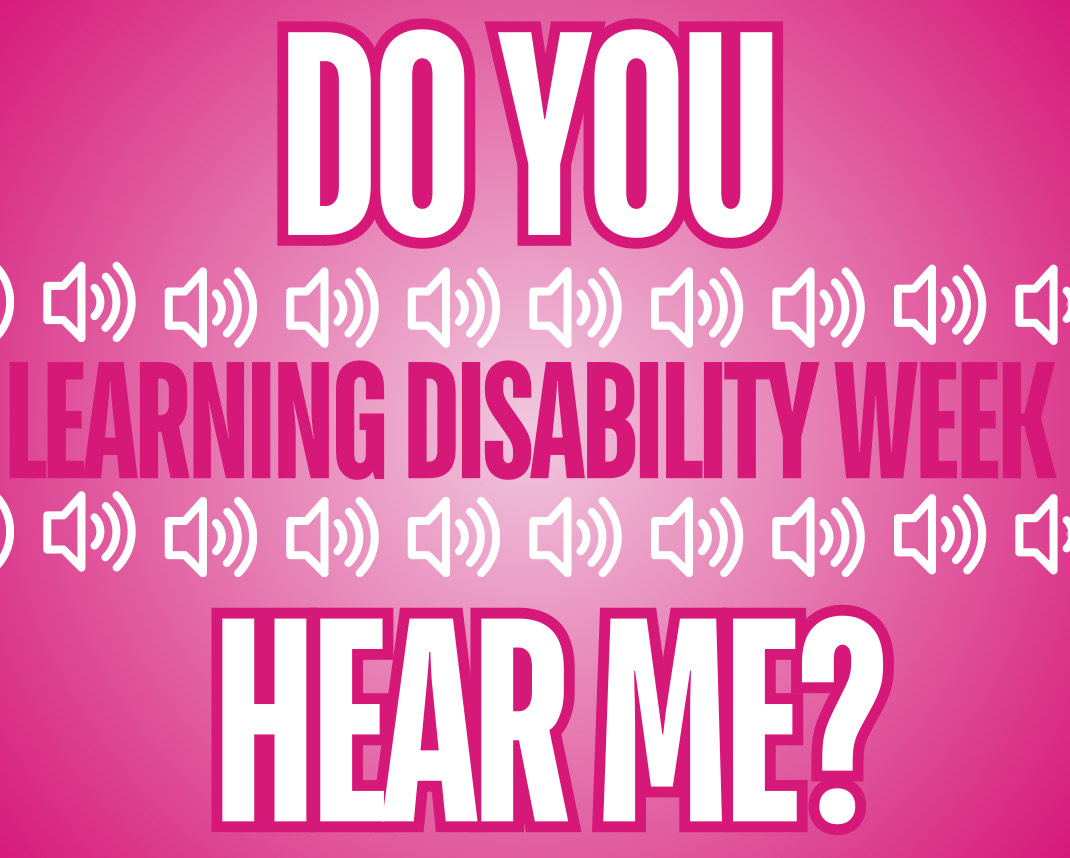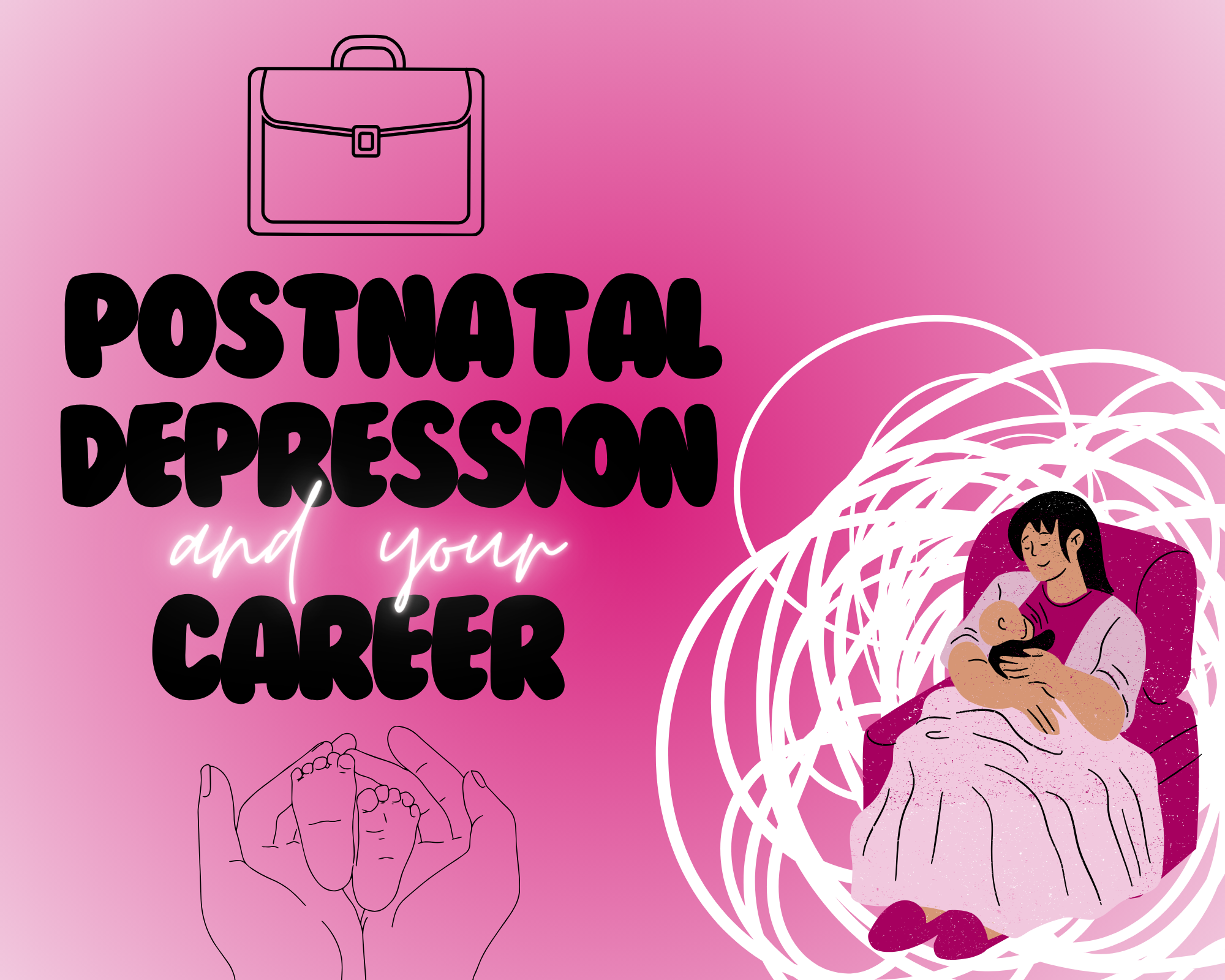What is neurodiversity? Join Werk in learning about neurodiverse rights in the workplace and what employers can do in honour of Learning Disability Week 2024 coming up June 17 – 23.
Joining a new workplace can be intimidating at the best of times, but for neurodiverse individuals, things can be that much harder with most employers still struggling to fairly represent neurodiverse needs. But, there are spaces for everyone in the job sphere, and author Alice Hewson speaks about her story of finding her safe and inclusive work environment.
In the UK, statistics show that 64% of employers still admit to having ‘little’ or ‘no’ understanding of neurodiverse conditions, according to the Office for National Statistics. However, with an estimated 15-20% of the world population exhibiting some form of neurodivergence, why do employers not accommodate these workers?
Alice Hewson, 35, author of the book ‘neurodiversity in the workplace: How to create an inclusive and safe environment’, spoke to ‘Werk’ about this issue: “I always knew I was neurodivergent but I didn’t really understand how that would affect me in terms of the workplace up until a couple years ago.
“I had really negative experiences at work where I wasn’t supported and it was quite challenging. I didn’t know what my rights were and what I could ask for in the workplace.”
Miss Hewson is not alone in facing challenges at work, with many neurodiverse people quitting work or even never working due to the extra difficulties they may face. Riley et al’s study in 2021 found that only 21.7% of autistic people in the UK were employed.
However, if you are a neurodiverse individual, your skillset can make positive changes to workplace environments. According to the Deloitte report, research suggests teams with neurodivergent professionals in some roles can be 30% more productive than those without them. You could find your success too, and by knowing your rights and what should be expected from a workspace is your first step to inclusivity.
Miss Hewson found her comfortable, safe working environment once she switched positions to a job with her new employer. This inspired Miss Hewson to write her book to raise awareness to the standard employers should hold for neurodiverse people, to educate employers and help neurodiverse people understand their rights.
She said: “When I started with a new employer I felt very supported, very cared for and there were lots of things that they put in place that weren’t just for me as a neurodivergent member of the team, it was for everyone. They had everything very accessible.
“In terms of what a workplace can do, I use the analogy of a wheelchair user. A wheelchair user is a physical disability, most workplaces have to be accessible and accommodate for wheelchair users. For example, on the first floor they’d have a lift, and they’d always have that lift. They wouldn’t just build a lift when a wheelchair user applies for a job, It’ll always be there. That is the kind of thing you have to think about in terms of neurodivergent inclusion. What can you have that can always be there? What can be a universal set of policies, practices and culture?”
With these questions in mind, neurodiverse people can begin to think about the needs they may need personally, and understand their rights to ask for them. Although it is the employers responsibility to implement these policies and practices under The Equalities Act 2010, being able to educate them on things they can do to improve your experience personally will benefit everyone. It’s important to get yourself clued up so they can get clued up through open and honest conversations to benefit the workplace.
Miss Hewson believes that practices such as the ability to use headphones in the office, quiet spaces for employers, information sheets before meetings and speech-to-text software downloaded on work devices should be available in every workplace to help accessibility for those who need it.
She spoke about universal inclusion in the workplace, she said: “There’s lots of things that you can do for everybody so that neurodivergent people don’t have to feel like they’re different or that they have to stand out.
“The other analogy I use is going for a meal in a restaurant. So, when we book a table to go and eat at a restaurant, we say ‘Can I have a table?’. You don’t say ‘Oh, and make sure there’s a chair with that’. We kind of expect it to be included and you want to be able to enjoy your meal comfortably, you don’t want to be sitting on the floor and that principle of expecting everything to be included to make you safe and comfortable is the same principle that we can apply to the workplace.”
By knowing these facilities should be available to you in the workplace, you can be at ease that your needs can be met to enhance your performance and also comfortability in the workplace. If your employer doesn’t have these things in place already, we hope this gives you the confidence to ask for these measures to be put in place, knowing like-minded individuals have done the same.
If you make sure to figure out your own personal needs, you may just find yourself your perfect job. Employment should be exciting, motivating and inspiring and by caring for yourself, it can be for you to.




